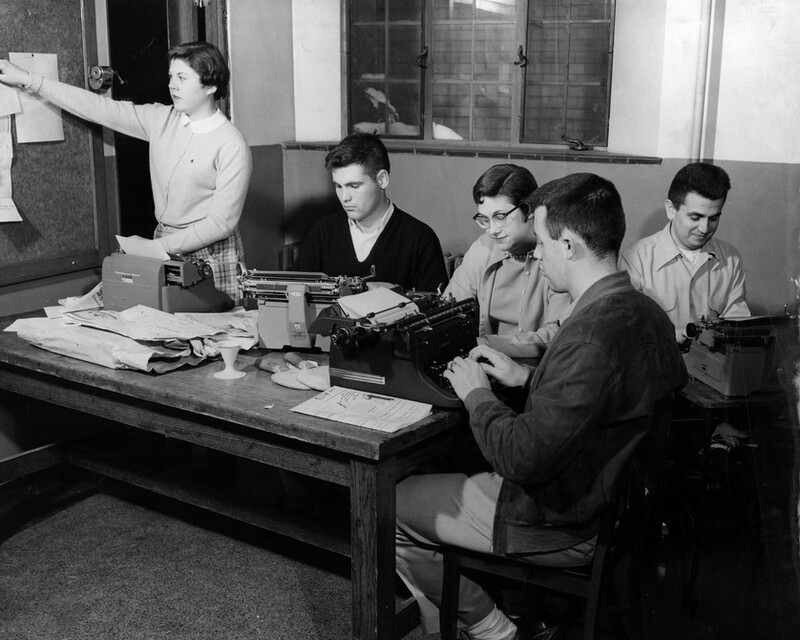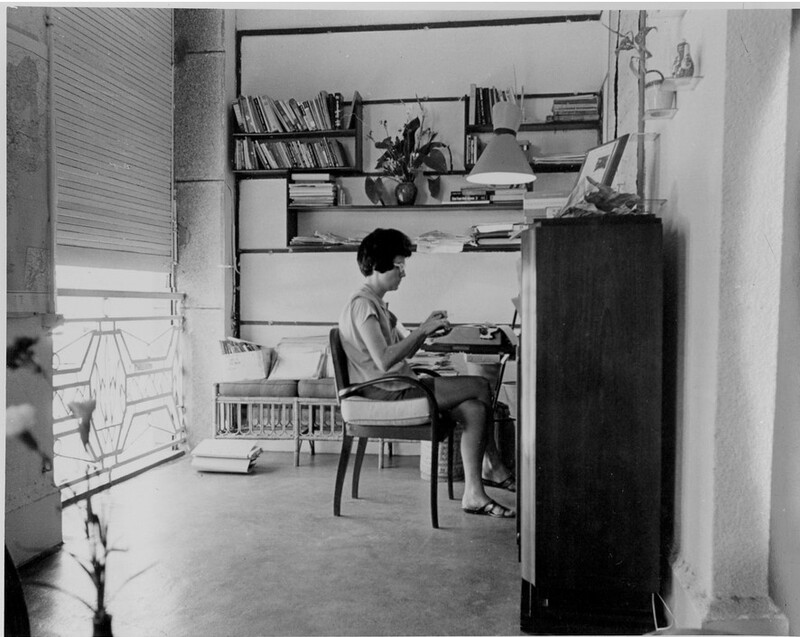About Beverly Deepe Keever
Beverly Deepe Keever was a war correspondent and a Journalism professor at University of Hawaii-Manoa. She is best known for her work from 1962-1968 as a war correspondent in Vietnam and for her later academic research and advocacy for open government.
Youth
Growing up in rural Nebraska, Beverly Deepe Keever dreamed of seeing the world, “Not to write travel articles but to witness for myself how other peoples lived and worked.” A dedicated student, she received her BA in journalism and political science from the University of Nebraska–Lincoln in 1957 and earned a MS in journalism from the Columbia University School of Journalism, graduating with honors in 1958. She remained in New York City and worked with Samuel Lubell for two years.
Travels Through Asia
When plans to tour Asia with her graduate school friends in 1961 fell through, Keever decided to travel alone. She travelled through Japan, Korea, China, Singapore, Macau, Hong Kong, and Brunei, writing articles for the Associated Press as she went.
I lived with and taught English to Japanese students, hired interpreters to talk with South Koreans about the 1961 military coup d’etat that I witnessed outside of Seoul, interviewed prostitutes in Hong Kong and Macau, visited opium dens in Singapore, and traveled by tramp steamer to talk to descendants of headhunters in British-held Borneo.
Vietnam
She first set foot in South Vietnam on February 14, 1962, with little more than a suitcase and the tools of her trade: a camera and a typewriter. She intended South Vietnam to be a two-week tourist stop. After the war began to heat up, Keever’s eagerness to follow a story kept her rooted in Vietnam for seven years. During those years, she built a life and a reputation for herself as the longest continuous foreign correspondent during the Vietnam War. Beginning as a freelance reporter, she learned about the war through the general population rather than just through the lens of governments and military actions. Though her gender prompted some difficulties male reporters did not face, it also gave her writing a unique perspective.
Several major newspapers published her coverage of the Vietnam War, including the New York Herald Tribune, Newsweek, the Christian Science Monitor, the Associated Press, The Economist, London Daily Express, North American Newspaper Alliance, London Sunday Express, San Francisco Examiner Chronicle, Omaha World Herald, and the Pittsburgh Gazette. Her reporting about the Khe San outpost for the Christian Science Monitor earned her a Pulitzer Prize nomination in 1969.
Return to America
On February 14, 1969, seven years from the day she arrived in Vietnam, Beverly Deepe married Chuck Keever in Belvidere, Nebraska. Keever briefly spent time writing for the Capitol Hill News Service and covering US politics.
The couple moved to Hawaii in 1979, where Beverly pursued two graduate degrees at the University of Hawaii-Manoa. She first earned her Masters in Library and Information Science and then her PhD in American Studies. Keever’s PhD thesis was later reworked into her first book, News Zero: The New York Times and The Bomb, which was published in 2004. The book details how the US government and the New York Times worked to hide the extent and effect of nuclear testing in the Pacific from the American public.
Keever taught journalism and communications at the University of Hawaii for 29 years before becoming professor emeritus. During her academic years, Keever focused on open government and journalists’ responsibility to advocate for access to government documents. Keever wrote many guides for students and journalists on how to do government research, especially in the state of Hawaii. She also testified in government hearings and participated in many protests for open government.
After her retirement in 2008, she continued to write. Forty years after leaving Vietnam, Keever saw echoes of the Vietnam War in the wars in Iraq and Afghanistan. She began her memoir about war reporting with the hope her experiences in Vietnam might help others personally understand events in the Middle East. Death Zones and Darling Spies: Seven Years of War Reporting, published by the University of Nebraska Press in 2013, chronicles the major events of the war between 1962-1969, as well as her interactions with farmers and soldiers.




